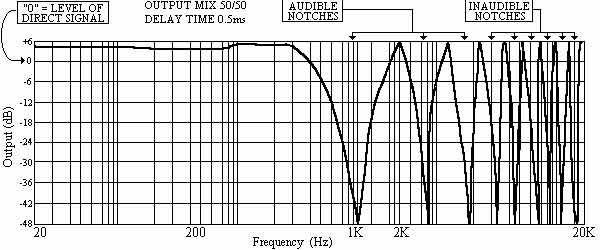Posted: January 13, 2008 at 3:06 PM / IP Logged
Posted: January 13, 2008 at 7:23 PM / IP Logged
Posted: January 13, 2008 at 8:26 PM / IP Logged
Posted: January 13, 2008 at 10:26 PM / IP Logged
Posted: January 14, 2008 at 9:09 AM / IP Logged
Posted: January 14, 2008 at 10:38 AM / IP Logged
Posted: January 14, 2008 at 12:04 PM / IP Logged
Posted: January 14, 2008 at 10:40 PM / IP Logged
Posted: January 15, 2008 at 12:21 PM / IP Logged
Posted: January 15, 2008 at 10:54 PM / IP Logged
 Printable version
Printable version


| You cannot post new topics in this forum You cannot reply to topics in this forum You cannot delete your posts in this forum You cannot edit your posts in this forum You cannot create polls in this forum You cannot vote in polls in this forum |

| Search the12volt.com |
Follow the12volt.com 
Tuesday, December 23, 2025 • Copyright © 1999-2025 the12volt.com, All Rights Reserved • Privacy Policy & Use of Cookies


Tuesday, December 23, 2025 • Copyright © 1999-2025 the12volt.com, All Rights Reserved • Privacy Policy & Use of Cookies
Disclaimer:
*All information on this site ( the12volt.com ) is provided "as is" without any warranty of any kind, either expressed or implied, including but not limited to fitness for a particular use. Any user assumes the entire risk as to the accuracy and use of this information. Please
verify all wire colors and diagrams before applying any information.







 Here you can see the effects of comb filtering on what would otherwise be a flat smooth response. A shift in phase at 1khz causes problems throughout the pass band. This can be caused by tweeter location relative to the mid range, incorrect crossover frequency, incorrect equalization, and other things.
Incorrect crossover frequency selection is a common cause of comb filtering. Your tweeters have an Fs of 1955hz. The accepted rule of thumb is to always crossover tweeters at a minimum of twice the resonant frequency using a 12db crossover. This would be 3910hz in your case.
After you have established a good crossover point for your application, the next step is to equalize if you have the equipment. Always start by equalizing lower frequencies first and working your way up. This actually applies to all speakers of all types. If you randomly equalize you run the risk of inadvertently causing comb filtering. Then you will find your self trying to equalize a problem that you actually caused. Comb filtering can be masked by the way that an RTA displays its information. This is why many people don’t trust these machines. They don’t realize that they are equalizing improperly, and that the RTA lacks the resolution to display that. Like I said comb filtering can be avoided largely by taking steps to avoid it. The correct tool to use to view it in the event that you think it is the source of harsh sounding highs is an FFT analyzer.
All car audio systems suffer from this and most suffer a lot. I stress this because this is the absolute largest cause of bad sounding highs.
I hope this helps with your decisions.
Here you can see the effects of comb filtering on what would otherwise be a flat smooth response. A shift in phase at 1khz causes problems throughout the pass band. This can be caused by tweeter location relative to the mid range, incorrect crossover frequency, incorrect equalization, and other things.
Incorrect crossover frequency selection is a common cause of comb filtering. Your tweeters have an Fs of 1955hz. The accepted rule of thumb is to always crossover tweeters at a minimum of twice the resonant frequency using a 12db crossover. This would be 3910hz in your case.
After you have established a good crossover point for your application, the next step is to equalize if you have the equipment. Always start by equalizing lower frequencies first and working your way up. This actually applies to all speakers of all types. If you randomly equalize you run the risk of inadvertently causing comb filtering. Then you will find your self trying to equalize a problem that you actually caused. Comb filtering can be masked by the way that an RTA displays its information. This is why many people don’t trust these machines. They don’t realize that they are equalizing improperly, and that the RTA lacks the resolution to display that. Like I said comb filtering can be avoided largely by taking steps to avoid it. The correct tool to use to view it in the event that you think it is the source of harsh sounding highs is an FFT analyzer.
All car audio systems suffer from this and most suffer a lot. I stress this because this is the absolute largest cause of bad sounding highs.
I hope this helps with your decisions.